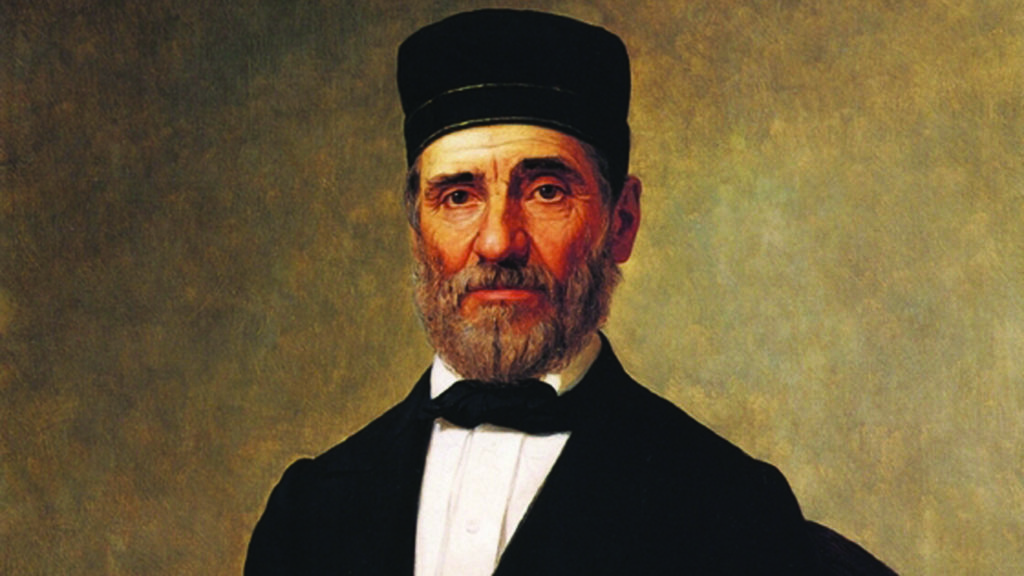At the Threshold of Forgiveness: A Study of Law and Narrative in the Talmud
In this season of repentance, it is not only the laws of the rabbis, but their stories as well, that teach us how—and how not—to forgive.
Drowning in the Red Sea
Gennady Estraikh said, "It is hardly an overstatement to define Yiddish literature of the 1920s as the most pro-Soviet literature in the world." When Arab riots killed 400 Jews in Palestine in late August 1929, the Yiddish communist press found itself torn between sympathy for the fallen and loyalty to the Revolution.
Freedom Riders
There is nothing subtle about the theme that runs throughout Philadelphia's National Museum of American Jewish History.
Kabbalah in 18th-Century Prague: A Response and Rejoinder
Sharron Flatto and Allan Nadler exchange views the Prague golem, Kabbalah, and Ezeliel Landau.
King James: The Harold Bloom Version
There may be a thousand facets to the Torah, but does Harold Bloom simply misunderstand the King James Bible?
Letters, Fall 2011
Hank Greenberg & Neo-Orthodoxy, or Non-Orthodoxy?
Marginalia
Israeli director Joseph Cedar's new film Footnote was anything but that at the Cannes Film Festival, despite its setting in the Hebrew University Talmud department.

Minhag America
Since the founding of the United States, the American "synagoguge" has survived as a flexible institution—some would argue, too flexible.
Next Year on the Rhine
Like Newport, Rhode Island, Worms, Germany is the quiet, waterside home to its country's most venerable synagogue—but the similarities stop there.
Quibbles
Harry Wolfson, Reinhold Niebuhr, and chutzpah.